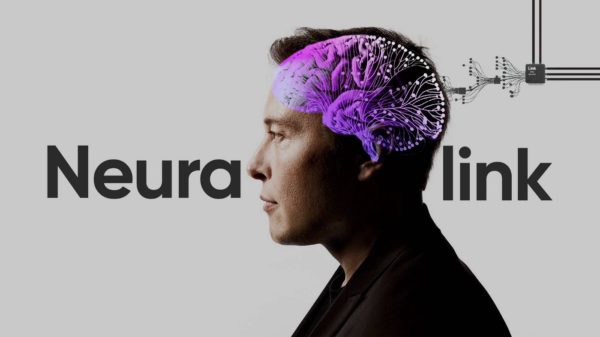

Neuralink will have to jump through a series of regulatory hoops before implanting a device in a human brain.
Elon Musk’s brain-computer interface company Neuralink is on the hunt for a clinical trial director as it moves closer to testing its implantable brain chip in humans, according to the company’s website.
The clinical trial director will work closely with doctors, engineers, and “Neuralink’s first clinical trial participants,” according to the job posting, first reported by Bloomberg.
The ideal candidate for the position, based in Fremont, Calif., is expected to have an “understanding of the clinical trial process from beginning to end” and “experience with implantable Class II or Class III medical devices,” among other qualifications.
Subscribe to Observer’s Business Newsletter
Preferred qualifications include “a minimum three years of U.S. medical device regulatory experience” and experience in designing and leading studies to qualify the FDA’s Investigational Device Exemption (IDE) studies.
For the same team, Neuralink is also hiring a Fremont-based clinical trial coordinator. The position requires “thorough knowledge” of applicable regulations, understanding of implantable medical devices, and other similar skills as the director role.
Neuralink has two main products: a wireless coin-sized computer chip called “Link” and a surgical robot that can automatically implant the device into a human or animal brain, essentially performing the job of a neurosurgeon.
The technology has been tested in animals with success. In August 2020, Neuralink presented that its robot surgeon had successfully implanted “Link” chips in three pigs. In April 2021, the company demonstrated a macaque monkey who had two “Link” devices implanted in his brain playing a simple video game solely with his mind.
Last month, Musk said at an event that Neuralink hoped to begin human experiments sometime in 2022. But, instead of playing video games, a human trial will aim for therapeutic uses, such as helping paralyzed patients restore certain physical functionalities.
“We have a chance with Neuralink to restore full-body functionality to someone who has a spinal cord injury,” Musk said on Twitter last month.
To implant a chip in a human, Neuralink will first need to go through a feasibility test with the FDA and then obtain the agency’s approval for a pivotal device test. Musk is confident that the FDA will issue those green lights.
“Our standards for implanting the device are higher than what the FDA requires,” he said at December’s event, although he later explained on Twitter, “I am definitely not saying that we can for sure do this, but I am increasingly confident that it is possible.”
more recommended stories
 Fentanyl Seizures at Border Continue to Spike, Making San Diego a National Epicenter for Fentanyl Trafficking
Fentanyl Seizures at Border Continue to Spike, Making San Diego a National Epicenter for Fentanyl TraffickingFentanyl Seizures at Border Continue to.
 Utah Man Sentenced for Hate Crime Attack of Three Men
Utah Man Sentenced for Hate Crime Attack of Three MenTuesday, August 8, 2023 A.
 Green Energy Company Biden Hosted At White House Files For Bankruptcy
Green Energy Company Biden Hosted At White House Files For BankruptcyAug 7 (Reuters) – Electric-vehicle parts.
 Former ABC News Reporter Who “Debunked” Pizzagate Pleads Guilty of Possessing Child pδrn
Former ABC News Reporter Who “Debunked” Pizzagate Pleads Guilty of Possessing Child pδrnFriday, July 21, 2023 A former.
 Six Harvard Medical School and an Arkansas mortuary Charged With Trafficking In Stolen Human Remains
Six Harvard Medical School and an Arkansas mortuary Charged With Trafficking In Stolen Human RemainsSCRANTON – The United States.
 Over 300 People Facing Federal Charges For Crimes Committed During Nationwide Demonstrations
Over 300 People Facing Federal Charges For Crimes Committed During Nationwide DemonstrationsThe Department of Justice announced that.
